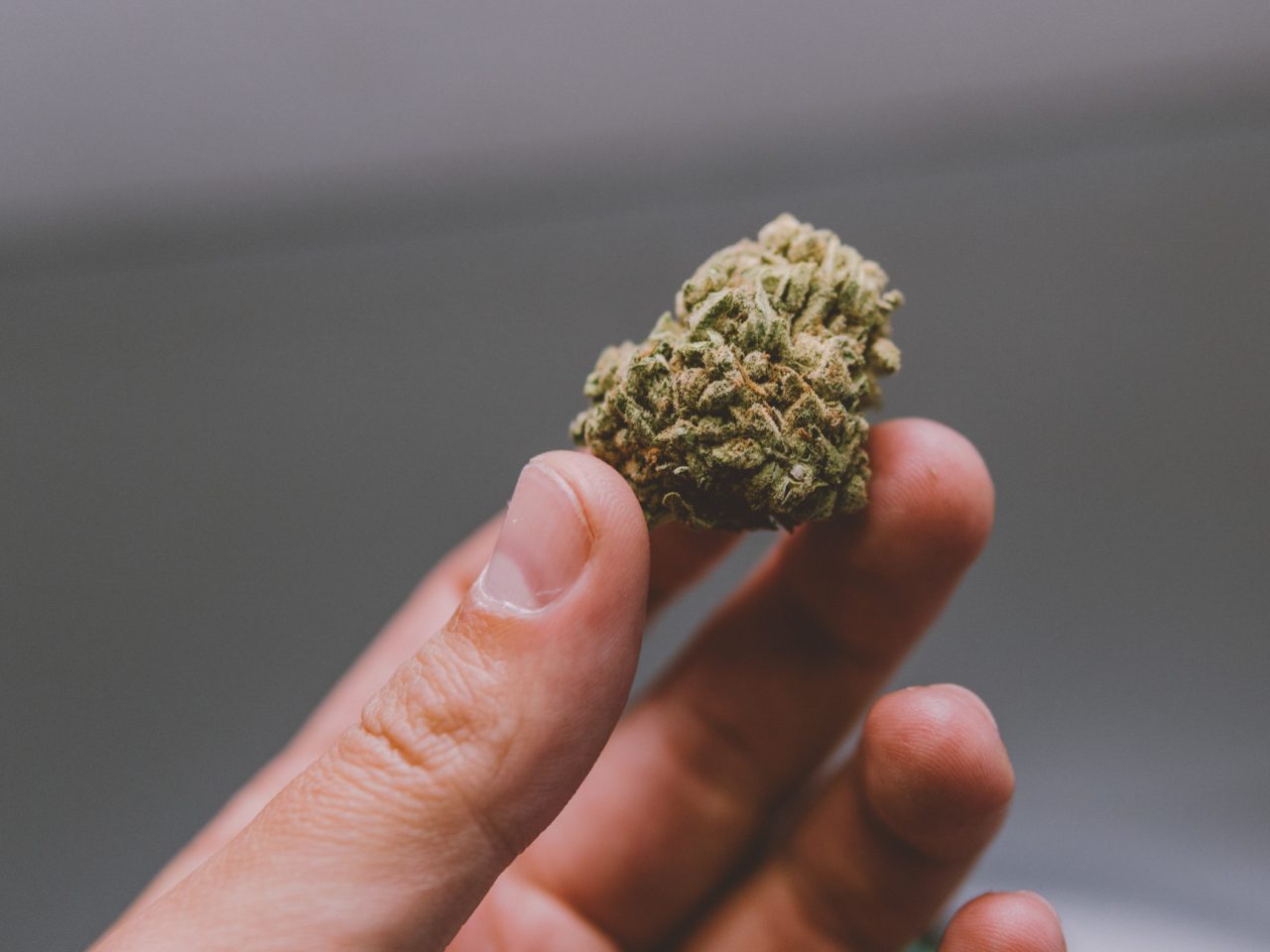Cannabidiol and Tetrahydrocannabinol, abbreviated as CBD and THC respectively, are both Cannabinoids found in Marijuana and hemp. Marijuana, also known as Cannabis, is obtained from the Cannabis plant species such as Cannabis sativa, Cannabis indica, and Cannabis rudelaris. Marijuana contains more THC than CBD, but hemp contains more CBD than THC. Both cannabinoids have the same molecular formula (C21H30O2). Their concentration is about 314g/mole. The two have many medical benefits. CBD is used to relieve pain and anxiety, while THC is used to ease nerve pain, glaucoma, Parkinson’s disease tremors, and nausea. Both chemicals interact with your body’s endocannabinoid system sourcing some health effects. CBD vs. THC differences and outcomes should be clear before you use either of the two. It is illegal to some federal level. In some states, Cannabis is legal. Before you use any Cannabis product, you should be familiar with the state’s laws.
Differences between CBD and THC
Despite having similarities in their chemical structure, CBD and THC have structural differences. One CBD vs. THC structural difference is that THC has a cyclic ring, but CBD has a hydroxyl group. The structural difference accounts for the difference in their psychoactive effects after use.
Effects of CBD and THC
The two cannabinoids have different effects on the user. You might wonder why the two have diverse side effects, and both are cannabinoids. Well, the answer lies in the difference in their structural differences. One of the diversity in CBD vs. THC effects is that CBD does not yield the so-called high impact associated with THC. THC has a similar shape as the CB1 receptors in the human brain. Its shape makes it easy for the THC to bind perfectly with the CB1 receptors. Thus, hindering the release of neurotransmitters that are responsible for mood, appetite, and pain responses. However, the shape of the CBD does not allow it to bind with the CB1 receptors, thus no high effect. THC causes euphoria and sedation after use.
Side effects of CBD and THC
Despite having some medical benefits, CBD and THC have health effects that may harm your health. The cannabinoids contain hydrogen cyanide and ammonia that affect the respiratory system. This may lead to coughing, phlegm, or wheezing. CBD vs. THC side effects may be short-term or even long-term. CBD causes nausea, diarrhea, and tiredness. THC causes problems with concentration, drowsiness, dizziness, and memory loss.
In conclusion, CBD vs. THC differences and side effects should be apparent to the user before use. Cannabinoids have positive effects as well as adverse effects. You should know the correct levels to use to avoid fatal consequences.
High quality weed :-
